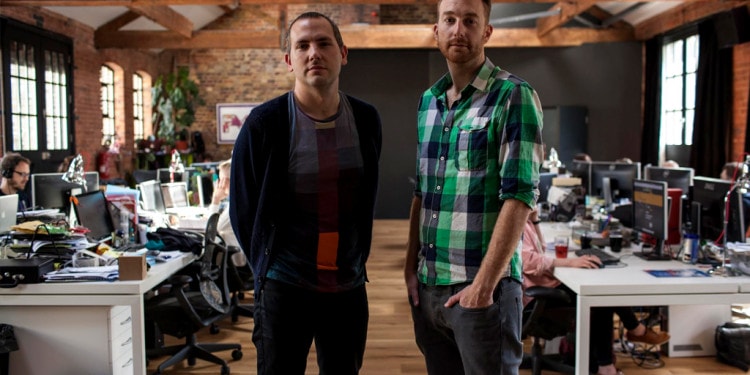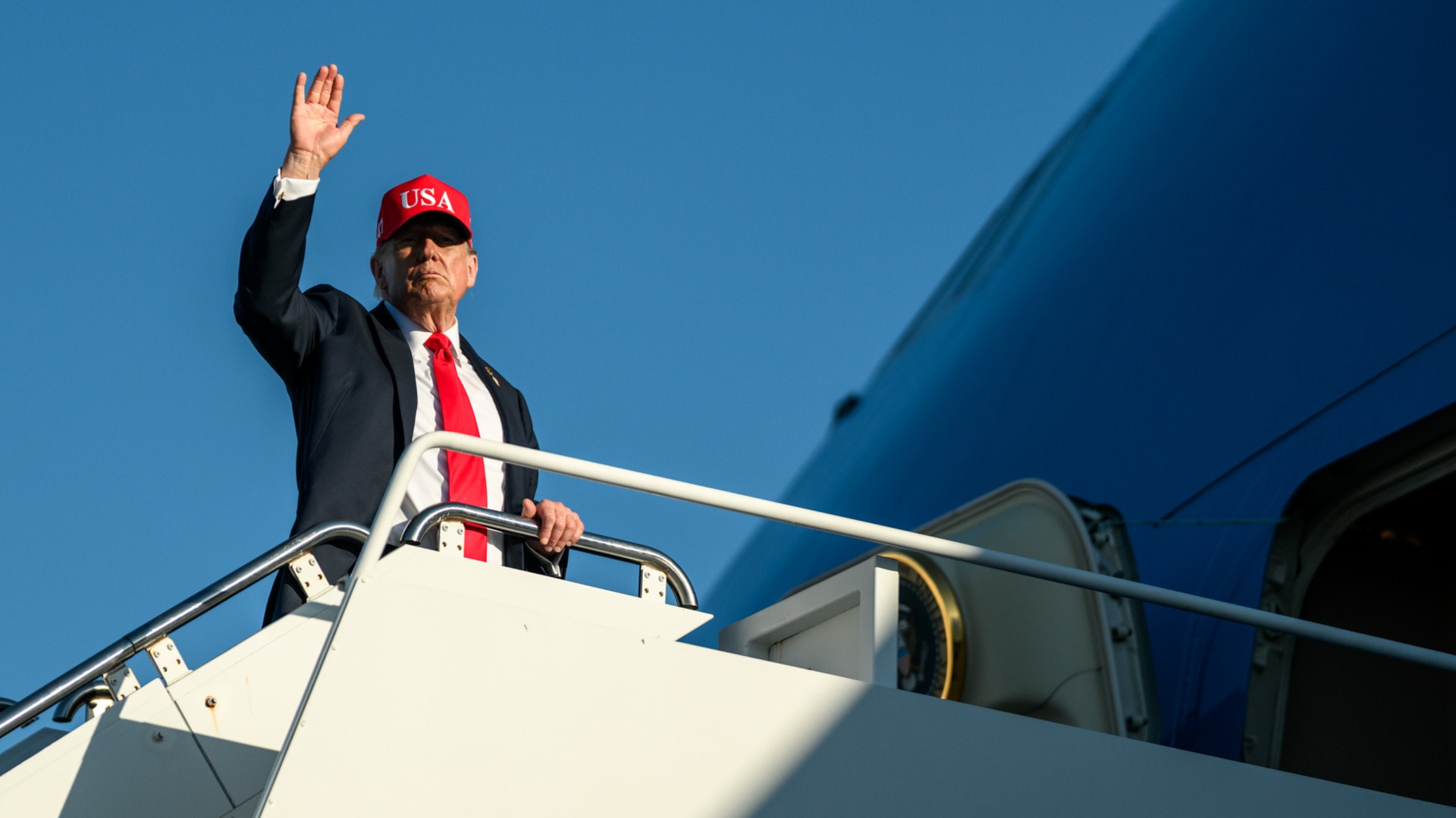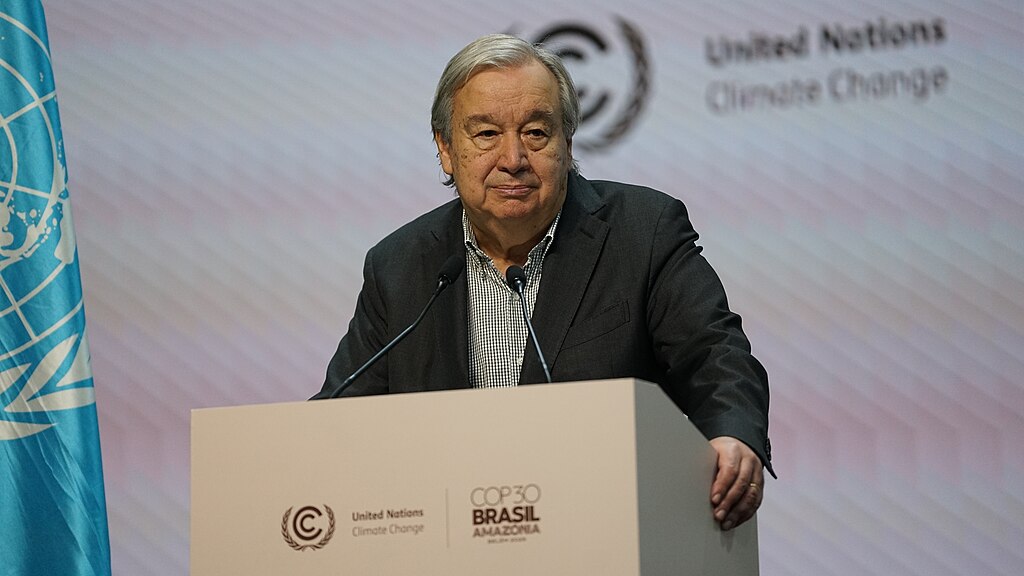A few months back, we had a fireside chat with Nick Sabine, the founder of Resident Advisor. We caught up with him again to find out what the future holds for RA. With an ever growing readership, RA has made itself indispensable in the electronic music scene. In my first interview you discovered how the company took off. Now let’s take a look at the future.
 In the photo: Richie Hawtin – Photo credit to: Gemma Parker
In the photo: Richie Hawtin – Photo credit to: Gemma Parker
Q.What gives RA the edge compared to other platforms?
Authenticity and quality of content. And our audience.
Audience wise, as we have been going for so many years, we have built a solid readership: 2.5 million unique readers per month.
Content wise, we are lucky to have a hugely talented team of writers, editors, and film-makers that help us produce high-quality content that is always published on editorial merit, not because of financial incentivisation.
 In the photo: The newly launched RA app with Info, guides, events and ticketing
In the photo: The newly launched RA app with Info, guides, events and ticketing
Q.Why did you start the ticketing service?
We built it because we were disgruntled ticket buyers ourselves and thought it was ridiculous that people were charging all these hidden costs and extra services fees.
Our service strives to provide the lowest booking fees in whatever market we operate. We’re upfront and keep the consumer in mind to make sure they get the best service possible. We also believe we have great relationships with artists and promoters within the industry, as well as general fans. These are important factors to consider as well and hopefully natural reasons for people to work with us.
 In the photo: One of the many tools of the app.
In the photo: One of the many tools of the app.
Q.How has technology and the shift to mobile had an impact on the company?
We have a development team at RA who is constantly innovating. We’ve spent 2 years redeveloping the website to optimise it for mobile devices and making it more responsive. Unless you’ve got a team of 100 developers, you’re never really going to be right on the cusp of everything. The technologies that we develop are specific to our industry so we work really closely with people across the industry (artists, labels, promoters), asking them what they want, what they need, and what they use.
We’ve built a mobile application for promoters that gives them the opportunity to turn their phones directly into scanners, allowing them to have all their devices synchronised in order to set up their own scanning network. It doesn’t cost them a thing and they get this great scanning solution that enables them to monitor scanned tickets, how many people are in the venue, how many they still need, etc.
Q. I know RA is starting to become involved in fundraising projects. What is Bridges for Music and how are you helping?
Bridges for Music was set up by Valentino Barrioseta whom I met in Cape Town in 2012 while I was living there for a year. I really believe in him as an individual and in what he’s trying to achieve. He set up this charitable organisation, which believes that the power of music can affect social change. Early 2014, RA decided to organise one big event per year to raise money for people who are less fortunate than us. We feel that we’re very privileged to have the network we have, and we want to engage the community in the right way to raise money for people who don’t have the same opportunities we do.
In 2014, we came up with the idea to cycle 300 miles from London to Amsterdam, 35 of us for four days, along with leading artists and industry figures. It’s a project I got really excited about: we set the goal to raise 100,000 euros and we ended up raising 100,000 pounds!
 In the photo: The founder of Bridges for Music, Valentino Barrioseta, holding a workshop
In the photo: The founder of Bridges for Music, Valentino Barrioseta, holding a workshop
He mentioned wanting to build a music school in a township just outside of Cape Town. My wife is from Cape Town so I’ve spent quite a bit of time over there. I know what those townships are like, and I’m very aware that the kids and adults there are as passionate about music as I could be when I was 15 but that they just don’t have the same opportunities I did.
I was fortunate enough to go to a good school, my mum made sure that I was fed and had a roof over my head so that I could concentrate on forging a career in music. In South Africa, many young adults and kids are worried about where they’re going to get their water or next meal from and music obviously ends up seeming out of reach. We thought that if we could help Bridges for Music to build a music school that gives these young adults the opportunity to nurture their passion, help them discover how one could potentially have a career in music and provide a safe learning environment, we could have a very profound effect on a few lives every year for generations to come.
 In the photo: Richie Hawtin, Ambassador of Bridges for Music, in South Africa – Photo courtesy of Bridges for Music
In the photo: Richie Hawtin, Ambassador of Bridges for Music, in South Africa – Photo courtesy of Bridges for Music
The school is due to open sometime in 2016, and some of us will fly over there to contribute to the teaching of the students. Hopefully, it’s something that will also inspire the broader industry to do more – I really believe that we can. We don’t know what we’ll do this year yet, what the challenge will be or which charity we’ll support but hopefully it’s something that we can ingrain in the culture of the company. I hope we’ll look back on our legacy in 10 years’ time to realise that we’ve managed to make some amazing things happen. We’ve helped a lot of promoters and artists with their careers and shining the spotlight on great labels and so on, but beyond that we want to make a real contribution to causes like Bridges for Music.
………………………………………………………………………………………………………….. Related articles : RESIDENT ADVISOR: NICK SABINE – THE FOUNDER INTERVIEW article by Anne-Hélène d’ArenbergWOMEN IN THE MUSIC INDUSTRY: A CALL FOR EQUAL PROFILING AND STRONGER REPRESENTATION article by Jessica Brassington …………………………………………………………………………………………………………..
Q.What advice would you give to an entrepreneur that you would’ve loved to receive when you were just starting?
Try to meet as many people as possible and ask as many questions as you can. We’re making it up as we go along but much of the knowledge I’ve developed over the years has really come from meeting my peers. Don’t assume you know everything – I certainly don’t – and be curious.
And when you do start hiring as you grow, hire people that are better and brighter than you are. You can build a vision around which the great individuals you hire can contribute to. If you don’t have great people working with you, you’ll make things difficult for yourself whereas by hiring brilliant people and maintaining that approach, you can create an environment where everyone is inspired by the colleagues they work with.
 In the photo: Resident Advisor office – Photo credits to: RA.
In the photo: Resident Advisor office – Photo credits to: RA.
Q. How do you structure your day, what’s your efficiency routine?
Start early. I’ve been in the office before 7 am every day this week. I have a very efficient to-do list that synchronises across all my devices, called Wunderlist, that helps me get the stuff done – there’s no escape! I come in, have a coffee, look at the to-do list, decide what I’ll do that day and end up only doing half of them *laughs*.
Photo cover: Paul & Nick (Founders) – Photo credit: Dan Kendall














